You'll often find that when a new product or service fails, there's a line of people waiting to say, "I told you so." But despite initially looking like absolute turkeys destined for the trash can, there have been plenty of predicted tech disasters that turned out to be successful. Here are some of the most memorable.
Amazon Echo
Alexa > Siri
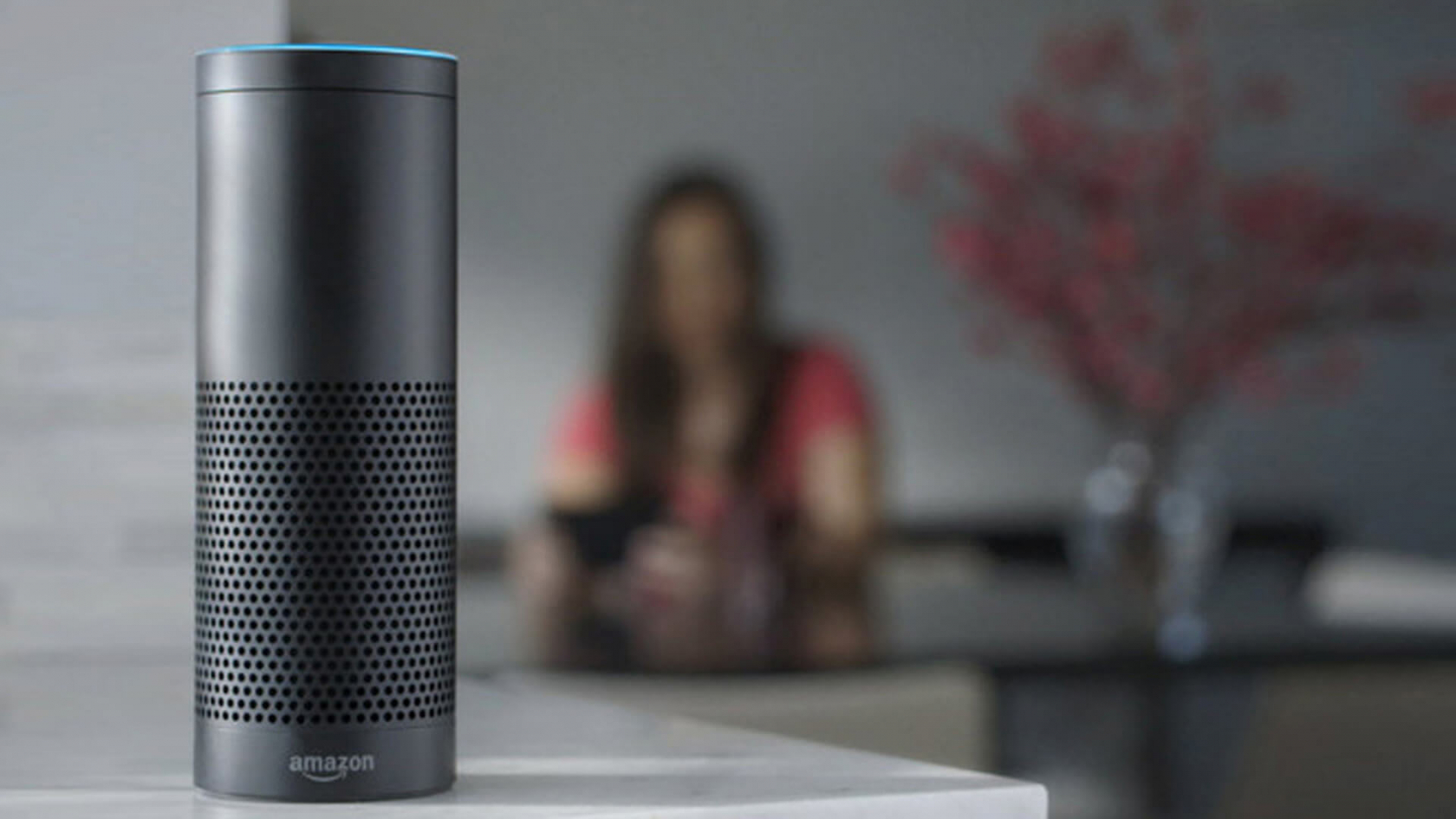
Digital voice assistants built into smartphones have their uses, but relatively few handset owners bother with them. So why would Amazon want to integrate the same kind of AI technology into a home Bluetooth speaker? Surely the Amazon Echo would suffer from the same complaint as smartwatches: why would anyone want one when their phone can do the same thing, if not better? And at least handsets have the advantage of a screen.
It turns out, however, that people really enjoy asking Alexa to play music, read the news, and perform all those other skills the third parties started to integrate by the hundreds. Turns out controlling a slew of smart home devices with your voice is actually pretty cool. Just two years after release, the Echo had sold an estimated 5.1 million units. The success led to a whole line of smart speakers from Amazon (including one with a screen), as well as similar devices from companies such as Google. Smart speakers, it seems, are here to stay.
iPad
The big iPhone that could
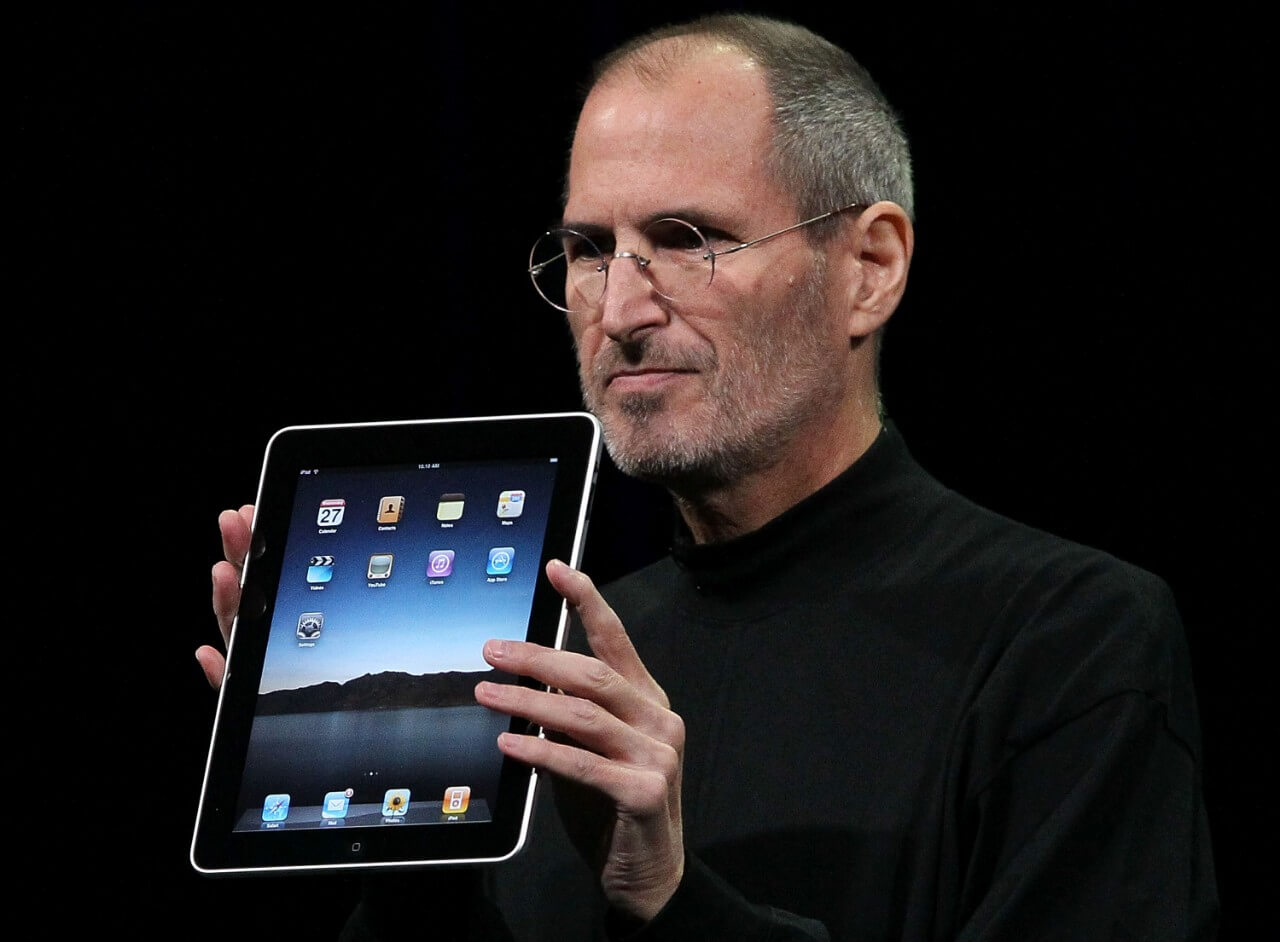
Following years of slow, uninspiring, and underpowered tablet PCs, Apple's decision to release its own slate brought confusion and mockery, especially as it came at a time when people were using netbooks for their cheap, mobile computing needs. Plus, many still perceived Apple's lack of Flash support in mobile Safari to be a major problem.
But despite being labelled a giant iPhone/iPod Touch and a "big yawn," the iPad sold 15 million units and brought Apple $10 billion in revenue within nine months of its launch. There have been several new generations since that first model arrived in 2010, and total sales are estimated to be well over the 300 million mark. Never underestimate the power of Steve Jobs, it seems.
The Web
"Most things that succeed don't require retraining 250 million people"... right.
Yeah, this one's quite a biggie. When Tim Berners-Lee invented the World Wide Web in 1989, could he have imagined that nearly 30 years later, 3.5 billion people would be using it? In the early nineties, many saw the web as the sole domain of nerds and deviants; today, the internet is so ingrained into our lives that it's hard to imagine surviving without it.
But a lot of people thought it would never take off. The web was a slow, confusing, and potentially dangerous place in those early years, particularly for those who weren't sure what they were doing; universal appeal was still a long way off. In 1995, telecommunications expert Waring Partridge told Wired: "Most things that succeed don't require retraining 250 million people."
Astronomer, author, and teacher Clifford Stoll was equally disparaging about the net. In his book---Silicon Snake Oil: Second Thoughts on the Information Highway--- he writes that "no online database will ever replace your daily newspaper" and refers to the idea of e-commerce "baloney." While ethernet co-inventor Robert Metcalfe famously said in 1995: "I predict the Internet will go spectacularly supernova and in 1996 catastrophically collapse." He literally ate these words two years later by blending his newspaper column with water and consuming it.
Bitcoin
Will the bubble burst?
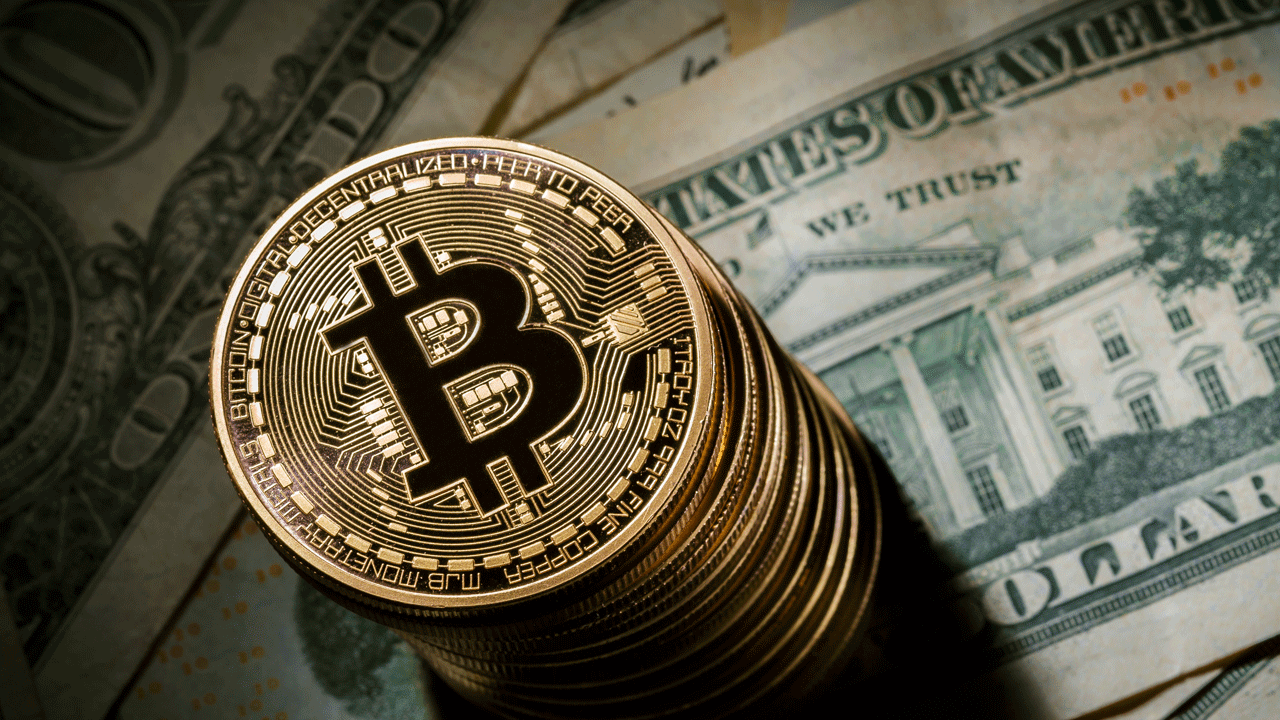
If you've ever tried to explain exactly what Bitcoin (or another cryptocurrency) is and how it works to someone who isn't overly tech-savvy, it's easy to understand why it was looked upon with skepticism. Attempting to spell out the way PCs mine virtual money using what is essentially math makes the whole thing sound like a fad at best, and a scam or pyramid scheme at worst---two pejoratives that some top financiers have used to describe several digital currencies.
But following a steep nosedive back in 2015 that saw the value drop to under $200, early investors are now laughing all the way to the bank: one Bitcoin is worth over $8,000 as of writing. Despite its continued association with illegal activities, the cryptocurrency continues to gain legitimacy and is now an accepted form of payment for many retailers.
Nintendo Switch
With amazing games to boot
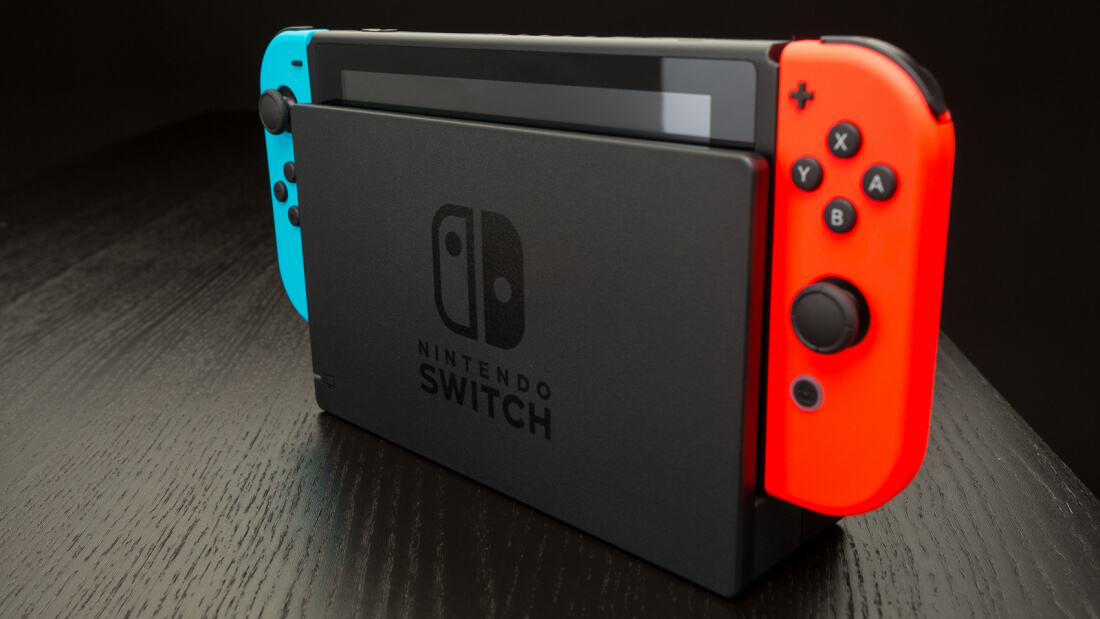
A $300 handheld hybrid system from a company whose last home console was the Wii U? And in an age where almost everyone carries around a powerful smartphone? It looked as if Nintendo, which had recorded consecutive losses from 2012 up until 2014, was about to make a huge mistake.
Outside of hardcore Nintendo fans, there initially weren't that many gamers who thought the Switch would succeed. It looked like the company was aiming for a handheld market that had been swallowed up by the advent of mobile games, and while it could be used at home, there was no way the Switch was going to compete with the might of the Xbox One and PlayStation 4. Even the CEO of The Pokémon Company, Tsunekazu Ishihara, told Nintendo it would be an epic flop (not in those exact words, one would imagine).
But much like the original Wii, which some said was too weird and niche to succeed, the Switch has been a phenomenal success. The device is on track to sell more units in its first year---14 million---than the Wii U managed during its entire lifetime. Ultimately, consoles live and die by their games, and with titles like Breath of the Wild, Splatoon 2, and Super Mario Odyssey, it's not surprising that the Switch has surpassed expectations.
Spotify
Like internet radio?
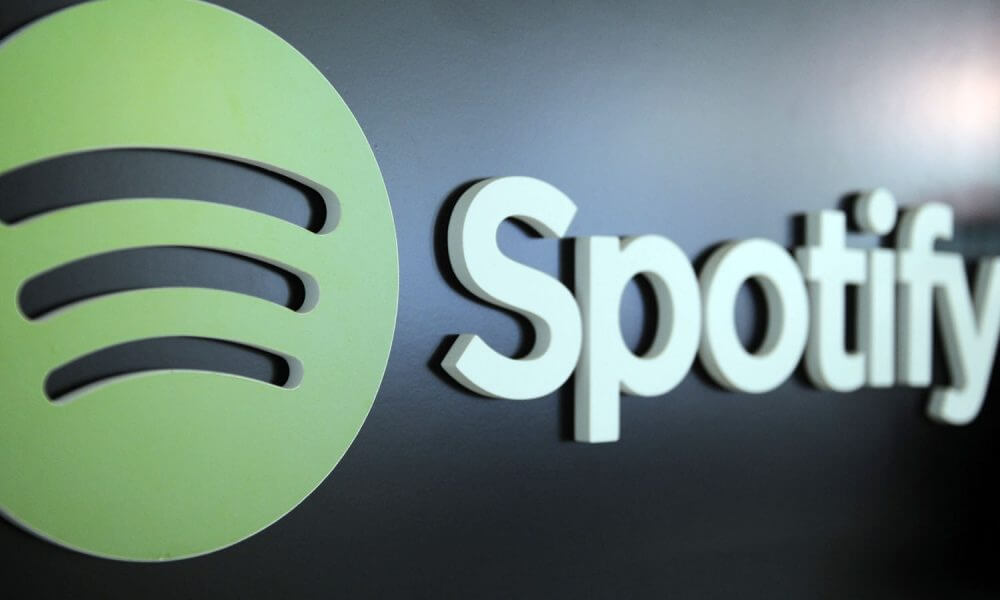
So, a couple of Swedish guys working from a bedroom are going to create a product that will revolutionize the way we consume music (again)... sure. When Spotify launched in Europe in 2008, just 0.1 percent of the continent's internet users paid for a music subscription. Most of the world preferred Apple's $0.99 per song model, or they simply turned to piracy, and it wasn't as if similar services had been very successful.
Thanks to a clever viral marketing campaign, the ability to pick individual songs, multi-platform functionality, Facebook integration, and, most importantly, its ad-supported free tier, Spotify became hugely popular in Europe and, later, in North America. Today, it has over 140 million+ users, 50 million of whom are paying subscribers, while the likes of Pandora, Deezer, and Soundcloud continue to struggle.
Phablets
Look ma, two hands
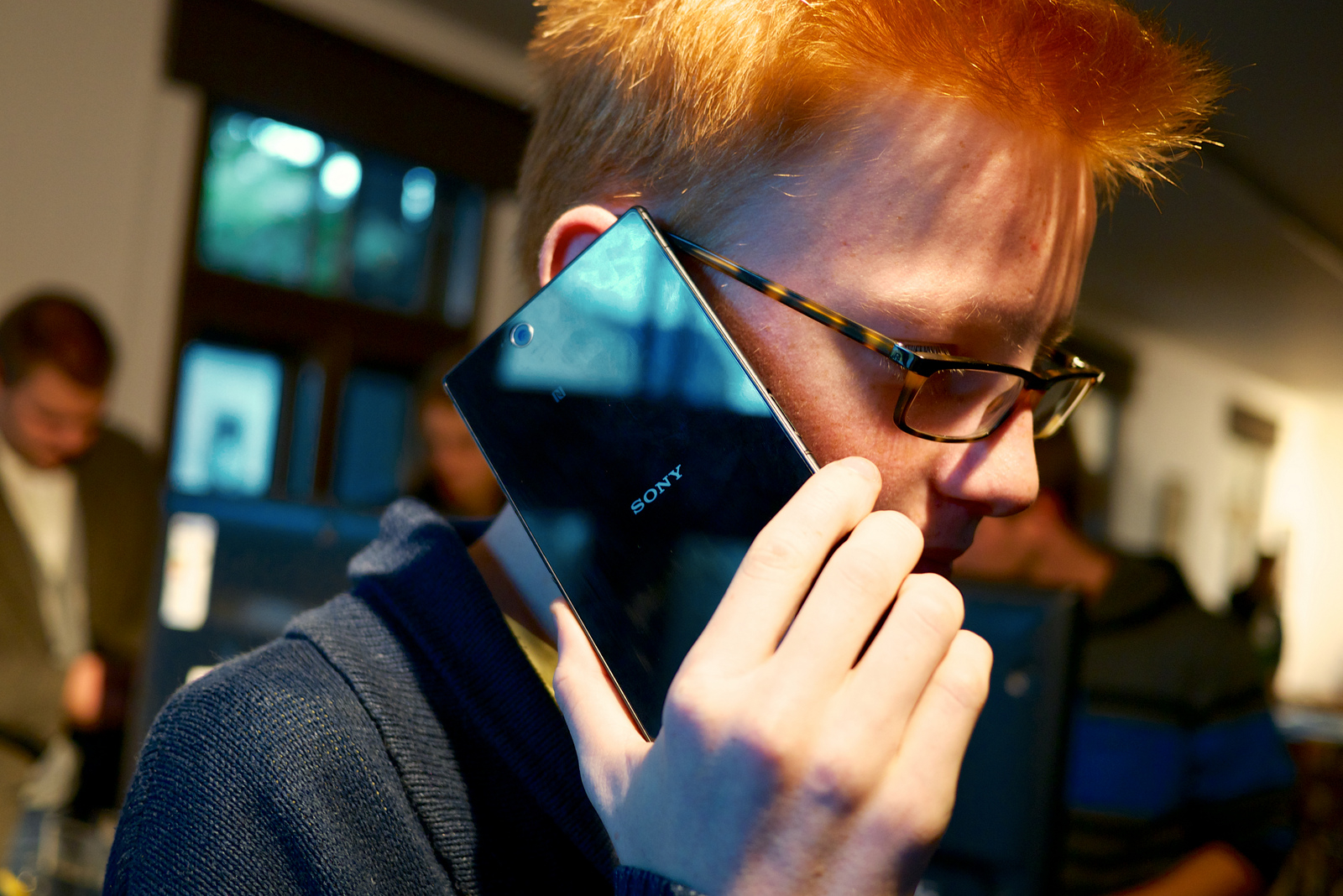
While there had been tablet/phone hybrids in the past, such as 1993's EO Personal Communicator and the Dell Streak, Samsung's Galaxy Note is considered the first true phablet or at least the one that catapulted the segment into the mainstream market.
After spending years laughing at those bricks from the 1980s while we carried around our tiny handsets, did we really want to go back to behemoths that made users look like they were holding an ugly tablet to their faces? Steve Jobs certainly didn't like these "Hummers," suggesting that people aren't going to want phones with displays larger than the iPhone 4's 3.5 inches.
It turned out that the Note's 5.3-inch Super AMOLED display, dual-core 1.4GHz processor, and S Pen were a winning combination, selling a million units in just two months. People decided that phablets were like having an awesome, miniature tablet in your pocket. Soon after the Note's release, nearly all phones started following this trend. It's got to the point now where virtually every handset has a screen over 5 inches in size. Even Apple joined the party---its iPhone screens kept on growing, culminating in the iPhone X's 5.8-inch display.
iPod
Ode to the wheel-based user interface
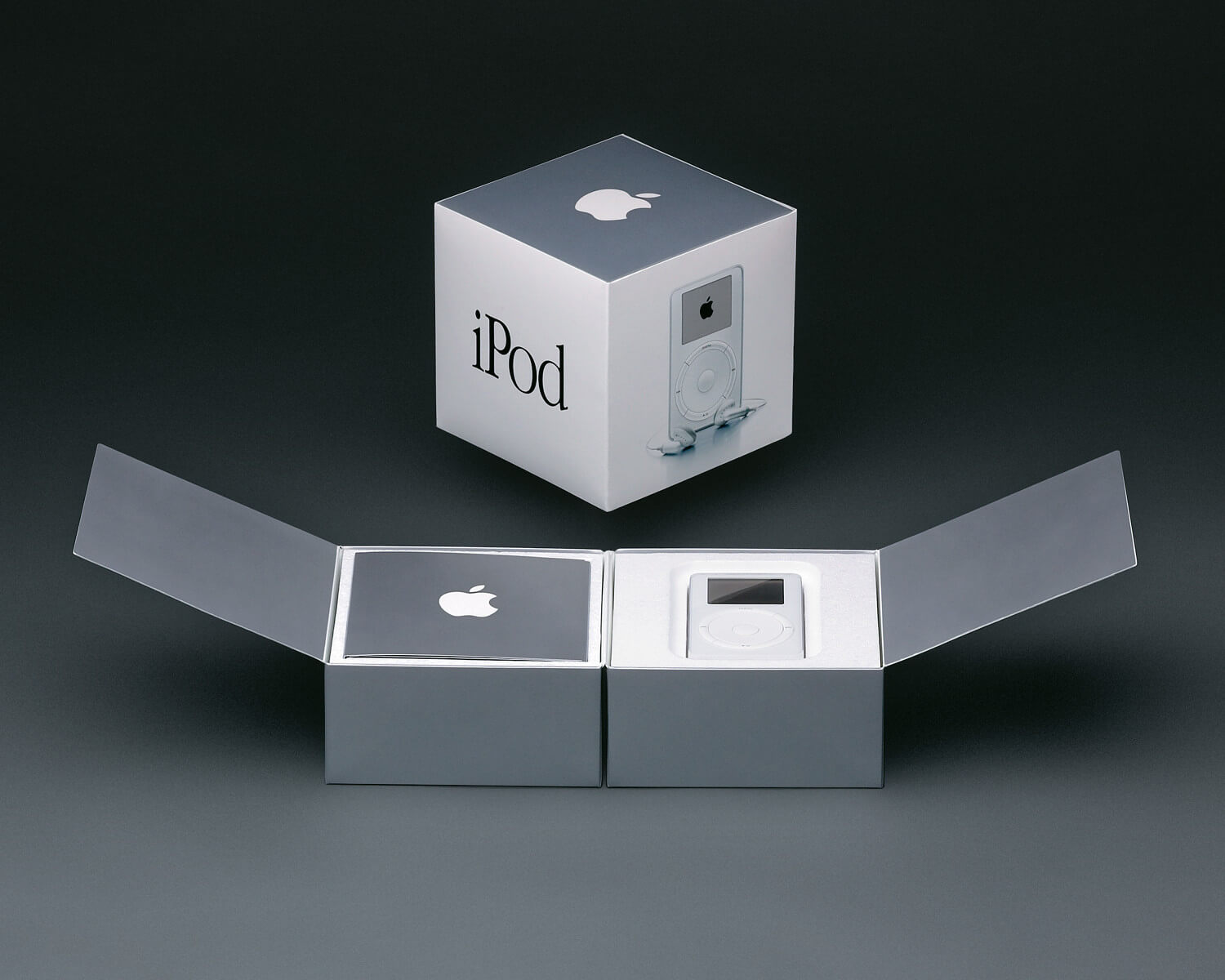
Back in 2001, few thought that the world needed another MP3 player, especially one that carried a fashionably expensive Apple price tag. But it was the lack of Windows compatibility that convinced some to label the iPod a device "without a future."
Several of these factors did cause the iPod to struggle after launch initially, but new iterations and Windows support eventually saw its popularity explode. The advent of mobile phones and streaming apps mean the iPod is no longer relevant, but the music player that many first saw as an expensive joke has sold over 400 million units, it was for a while Apple's number one product, and it's of course the iPhone spiritual predecessor.
Microsoft Surface
Showing OEMs how it's done, eventually
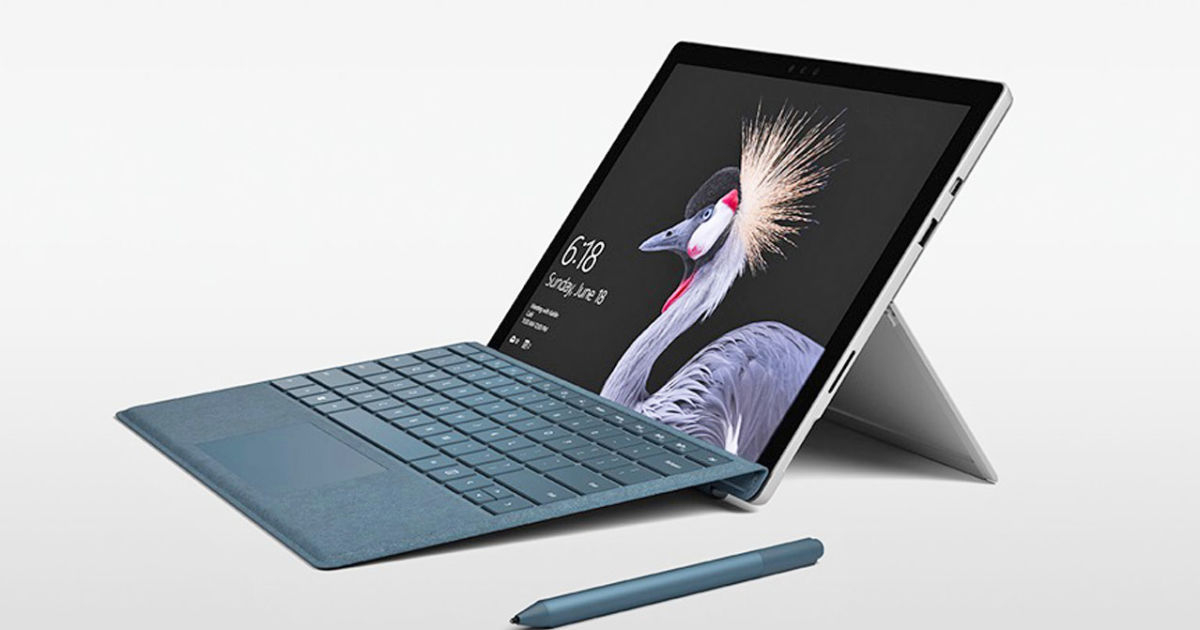
It seemed strange that Microsoft wanted to compete against its own Windows OEMs by launching a hybrid tablet computer in 2012. The first Surface arrived at the same time as Windows 8, and Microsoft included a weirdly cutdown version of the OS---Windows RT---on the less expensive version of the machine. But its inability to run traditional desktop apps built using the WIN32 API and the dearth of Windows Store content brought mixed reviews. Plus, the design was considered pretty kooky at the time.
"You can merge a toaster and a refrigerator, but that's probably not going to be pleasing to anyone," said Apple CEO Tim Cook. It looked as if Redmond had shoot itself in the foot with this one.
The company started putting things right with the Surface Pro; a 2-in-1 detachable than ran the full 64-bit version of its OS. Improvements such as abandoning the much-maligned Windows 8 arrived further down the road, eventually leading to the fairly successful number of Surface products we have today. Moreover, Microsoft's devices encouraged increased innovation among PC manufacturers, many of whom thought people were happy with their $300 netbooks at the time.
WhatsApp killed SMS and BlackBerry Messenger using your phone number
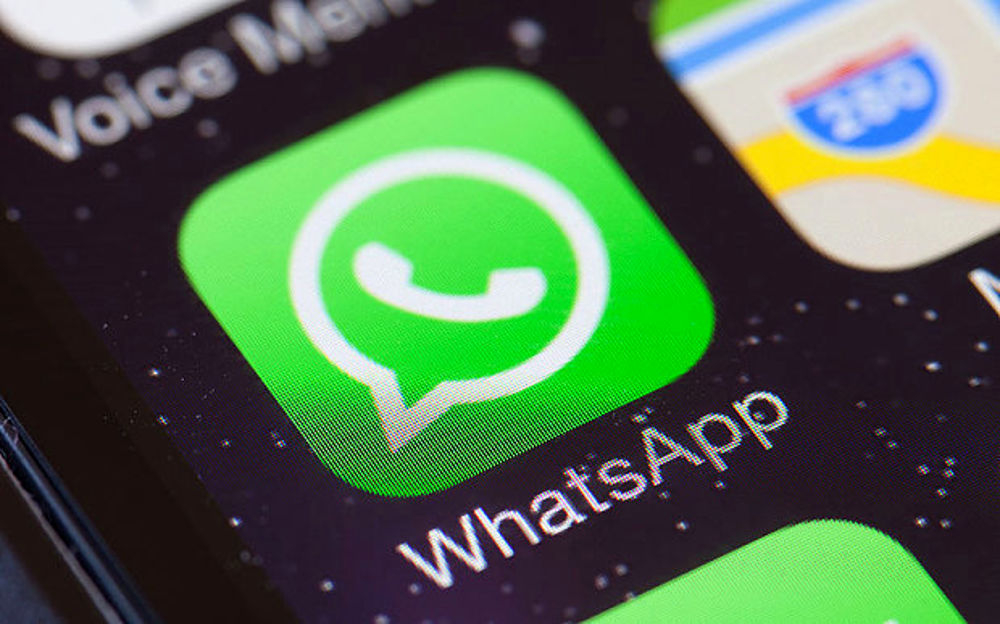
In 2009, the popularity of BlackBerry Messenger meant the Canadian company held a huge share of the smartphone market. Most people who didn't own a BlackBerry still used their monthly SMS/MMS allocations, while industry giants and traditional messaging platforms were putting more focus on mobile communications. So, how much of an impact could two Facebook rejects have in the instant messaging market? A pretty big one, it turns out.
WhatsApp's cross-platform functionality, use of a phone number as a unique identifier, and the fact it was an easier, better, and free alternative to SMS/MMS saw it quickly become one of the top 20 apps in the Apple Store and amass millions of dedicated users around the world. In 2014, less than five years after co-founder Brian Acton convinced five ex-Yahoo! friends to invest $250,000 in his fledgling business, Facebook acquired WhatsApp for $19 billion.
Xbox
733 MHz Intel Pentium III inside
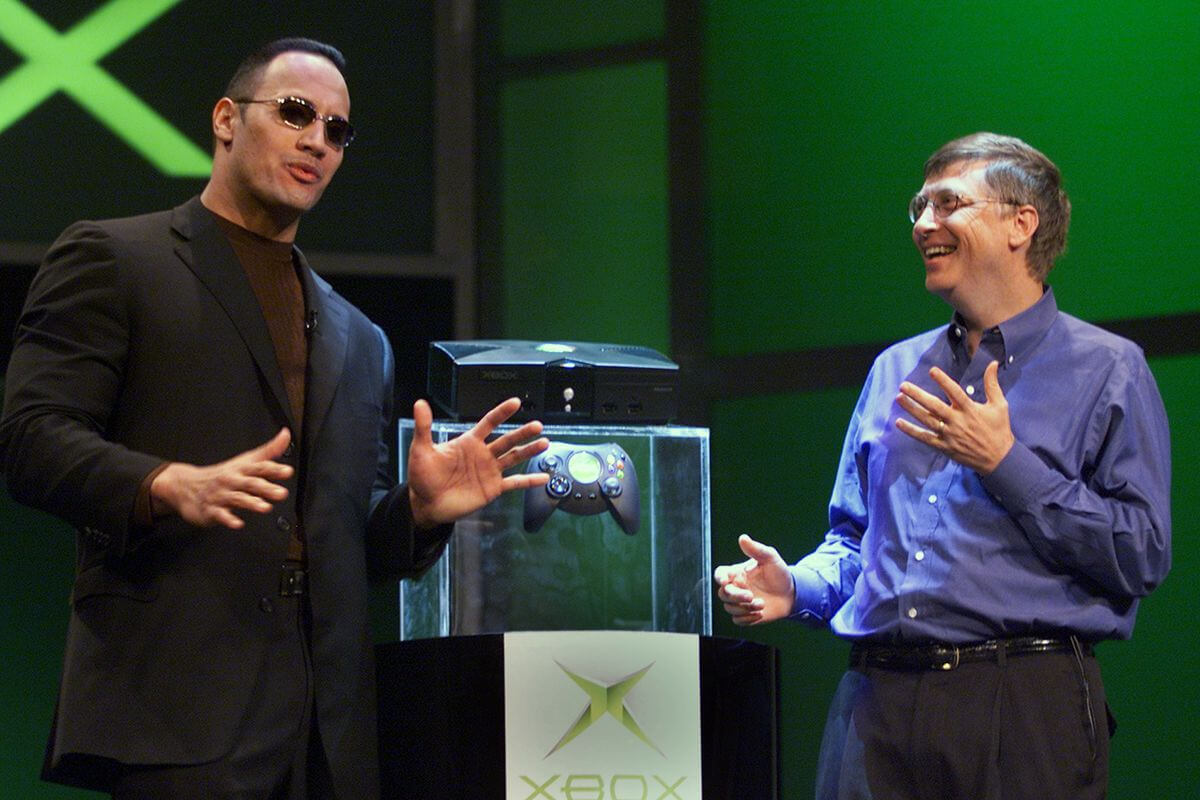
Thanks to Windows and its various productivity programs, Microsoft has been a dominant force in the PC software market for decades, which is why the company's plans to enter a console segment ruled by Sony in 2001 was met with bewilderment. Some saw it as a gamble at best, others thought it could be Microsoft's biggest mistake. After all, this would be the first US-made console since the Atari Jaguar, and look what happened to that machine.
But Microsoft knows that one thing can really make or break a console: its games. The $30 million it paid to purchase Bungie Studios and turn Halo: Combat Evolved into an Xbox exclusive turned out to be a shrewd deal. The game broke sales records and made getting hold of an Xbox at launch no easy task.
While it never reached the heights of the best-selling console of all time---that would be PlayStation 2 (over 155 million units sold)---the Xbox still managed to move 25 million units, which was pretty good for a first attempt. More importantly, it paved the way for future iterations of the machine and Xbox Live, cementing Microsoft's position as a company that's equally at home making spreadsheets and operating systems as it is in the living room on your console.
TechSpot Series: The Win/Fail series continues next week
This feature is part of a TechSpot content series rolling out this month, see what's next:
- Week 1: The 10 Biggest Tech Fails of the Last Decade
- Week 2: Precursors to Today's Technology: These Products Had the Right Vision
- Week 2 (bonus): Technology Before Its Time: 9 Products That Were Too Early to Market
- Week 3: 11 Tech Products That Were Supposed to Fail... But Didn't
Masthead image credit: Aziz Acharki and Andrey Larin via unsplash
